Have you noticed a strange phenomenon? In the NBA, the number one pick sounds like a synonym for talent, but some people end up becoming role players, while others suddenly "cheat" in a certain season and become superstars. Is this proof of "genius," or is it just "good timing"? Karl-Anthony Towns, the number one pick in 2015, is a classic example of someone who has gone through the "genius template" and come back stronger. He went from the Timberwolves to the Knicks, from being doubted to being expected. What exactly did he experience?

When Towns first entered the league, he was dazzling. In the 2015 draft, he joined the Timberwolves as the number one pick, not only becoming the core of the team but also seen by outsiders as one of the future faces of the league. His skills are comprehensive, and his style of play is modern: he can shoot three-pointers, facilitate plays, and his low-post moves are solid. Some say he is the "Swiss Army Knife" of the paint, capable of doing anything without making mistakes.
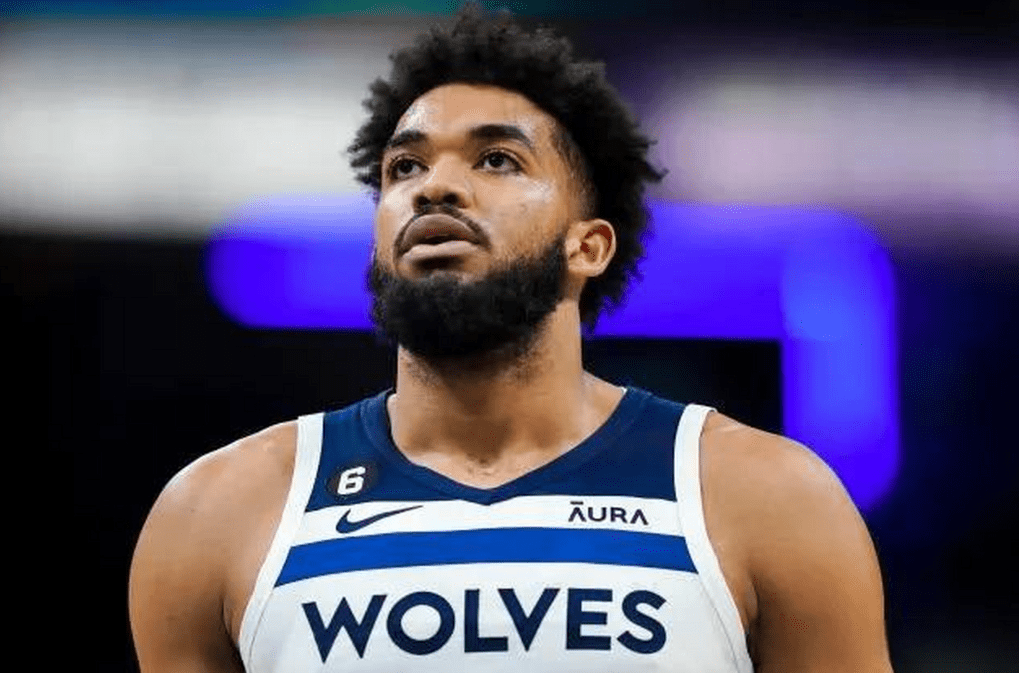
However, in the following years, Towns gradually transformed from a "talented superstar seedling" into a "data-padding benchwarmer." Although his average of 20+10 looks good on paper, his performance never won mainstream recognition. Why? Two words: soft. During his time with the Timberwolves, Towns had many highlights on the offensive end, but defensively, he was a sieve. He lacked strength, hesitated in critical moments, and often disappeared in the playoffs. No matter how impressive his stats were, they couldn't hide his limited contribution to the team's record.

The most memorable event was the "twin towers experiment" in the 2022-23 season. To enhance competitiveness, the Timberwolves spent big money to bring in Gobert, hoping to form an offensive and defensive twin tower with Towns. In theory, Gobert protecting the basket and Towns creating space seemed like a great combination, but reality proved otherwise. Towns' outside ability was weakened due to Gobert's presence, the offense became crowded, the space narrowed, and the defensive efficiency didn't improve much. This failed attempt became an important turning point for the Timberwolves to give up on Towns.
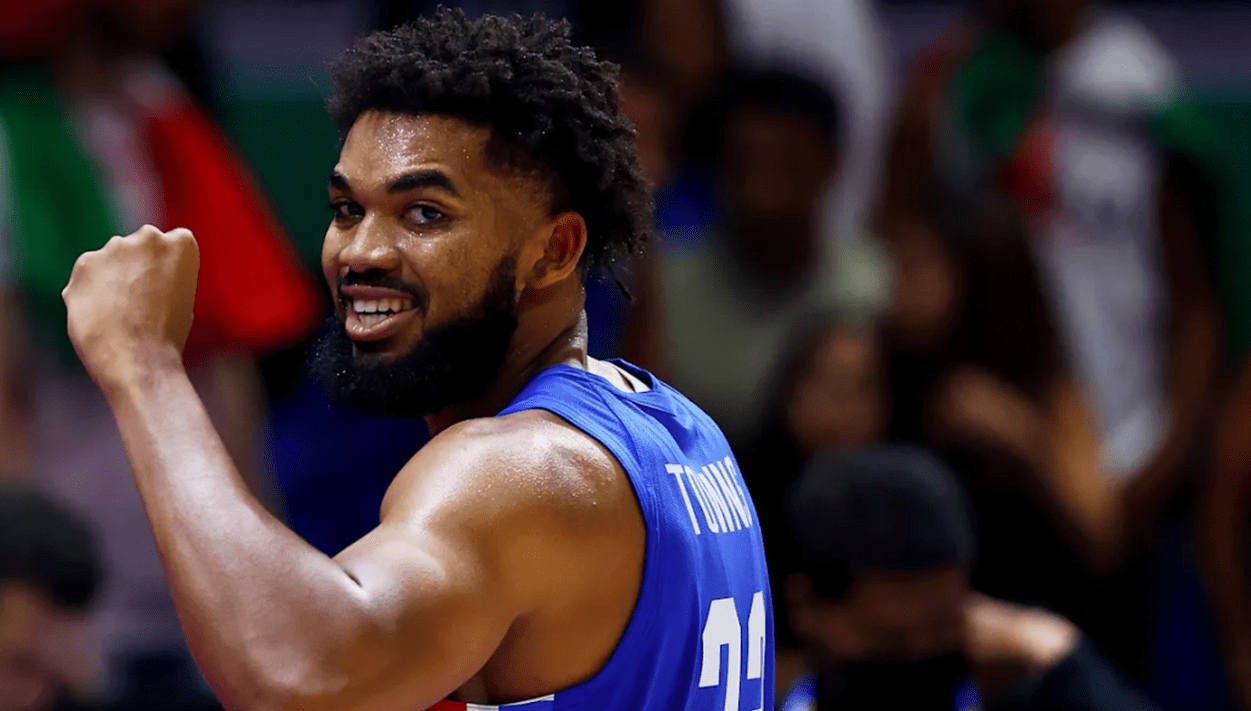
As the saying goes, "A tree dies when moved, but a person thrives." The Timberwolves let go of Towns, and Towns changed his fate by changing teams; perhaps this was a step destined by fate.
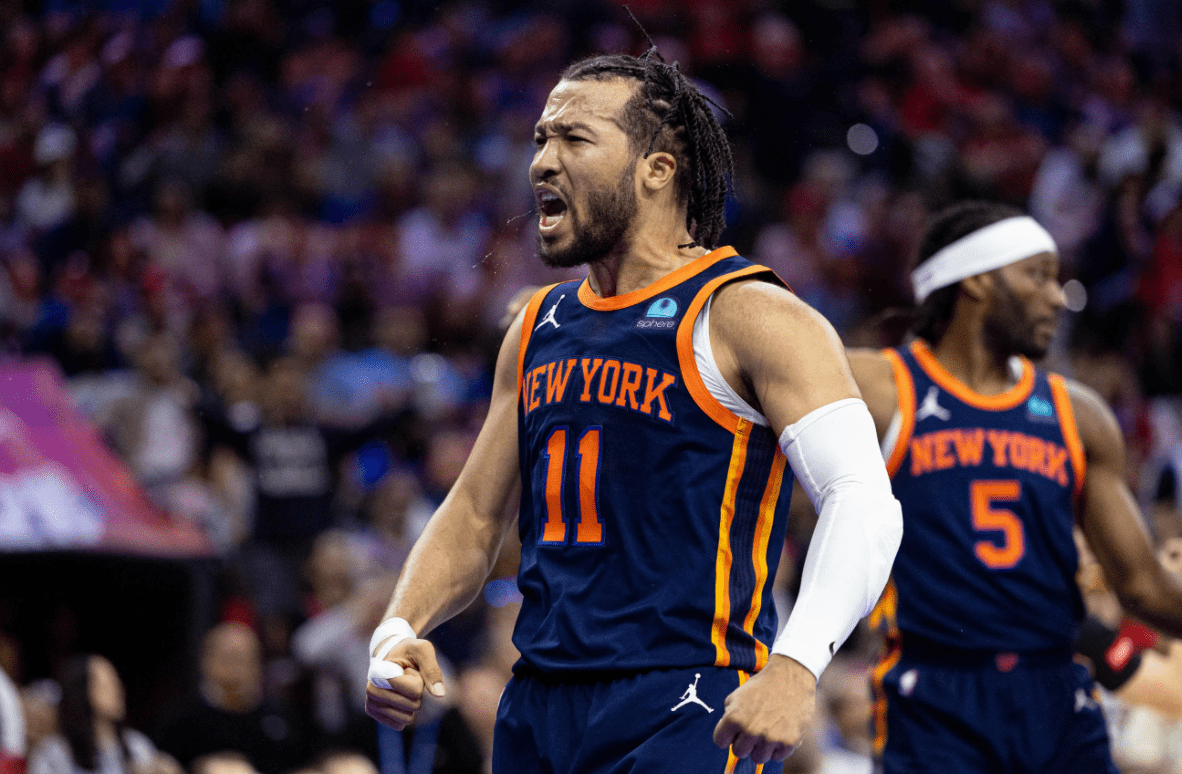
Joining the Knicks completely changed Towns' career trajectory. You could say it's a change in the team system, or it's Towns' own awakening. Unlike the Timberwolves, who gamble on young players for the future, the Knicks are a pragmatic team that emphasizes systems. After Towns joined, they tailored offensive tactics for him.
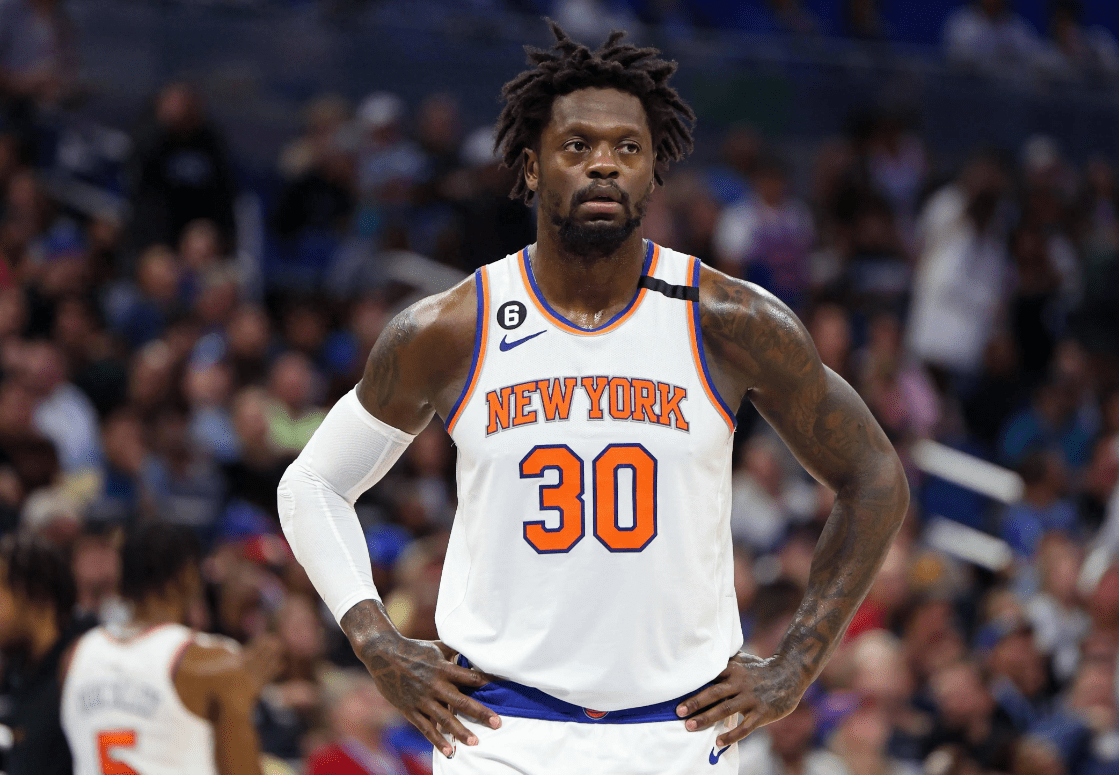
The Knicks' top point guard, Brunson, is considered Towns' best partner. Brunson's pick-and-roll and penetration-and-dish playing style perfectly complements Towns' offensive capabilities. In games, Brunson attracts defenders and passes to Towns, who can either take mid-range shots or shoot three-pointers from outside, making it very difficult for opponents to defend against this inside-outside combination. The Knicks gave Towns more freedom on the court, and he repaid them with explosive performances game after game.

Statistics show that in several key games this season, Towns not only repeatedly scored over 40 points but also performed strongly against strong teams. For example, he scored 44 points and 12 rebounds against the Bucks and put up a near-triple-double of 25+10+8 against the Heat, showing his potential as a "flag-bearer."
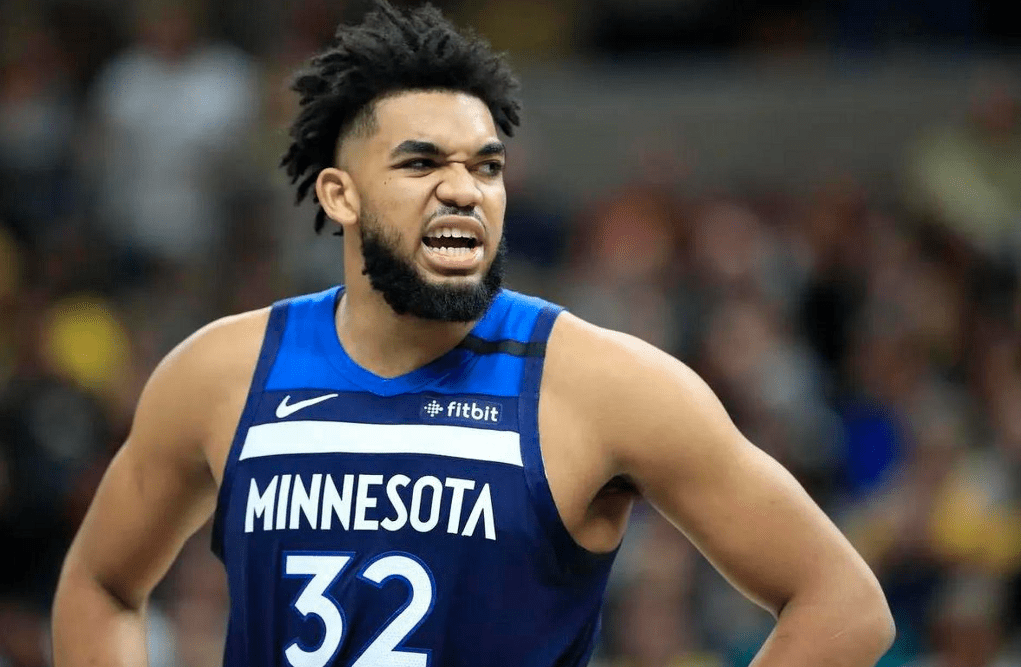
More importantly, the Knicks' overall roster depth provided Towns with ample support. There are reliable scorers like Randle and RJ Barrett in the team, which reduced the pressure on Towns at both ends of the court, allowing him to focus more on his strengths. In short, the Knicks not only unleashed Towns' talent but also helped him build a stable stage.
Towns' rise is not only a personal success but also provides a new template for the development of centers in the league. In the past decade, the center position has undergone tremendous changes. From traditional big men like Howard and O'Neal to modern centers like Embiid and Jokic, the league's requirements for centers have become increasingly comprehensive.
Towns' three-point shooting ability is one of his biggest trump cards. As a center, he is the fastest player in NBA history to reach 1,000 career three-pointers. This not only makes him more threatening when creating space but also makes him a player adaptable to the demands of the times. Comparing him to other contemporary number one pick centers, one can't help but marvel at the difference in fate. For example, Ayton, the number one pick in 2018, has inferior post-up skills to Embiid and inferior shooting to Towns, resulting in gradual marginalization. While Embiid has stronger dominance, health and stability issues have always plagued him.
From this perspective, Towns' technical versatility is precisely what allowed him to return to the peak. With the league's increasingly fast pace of play and more intricate tactics, his "all-around frontcourt" will become increasingly popular.
This season, the Knicks not only soared to third in the Eastern Conference but their commercial value as a major market has also significantly increased. New York, the "basketball mecca," has been looked down upon for years due to the team's lack of competitiveness. Towns' addition not only turned the team around competitively but also made the market see the Knicks' appeal again.
The commercial influence of star players on teams is self-evident. Based on Towns' current performance, he is undoubtedly the "stepping stone" for the Knicks to attract more superstars. Many players in the league are looking for a team that has both commercial value and competitiveness, and the combination of Towns and Brunson gives the Knicks such hope.
Perhaps Towns is not perfect, and he still needs to improve his defensive shortcomings, but there's no denying that he is proving the value of the number one pick in his own way.
Walking out of the doubts at the Timberwolves, Towns found his own stage at the Knicks. Whether he can lead this Eastern Conference powerhouse to compete for the championship remains to be tested by time. But if there's one thing that's certain, it's that Towns has proven with his actual performance that talent is never the only factor in success, but when effort, environment, and timing come together, nothing is impossible.